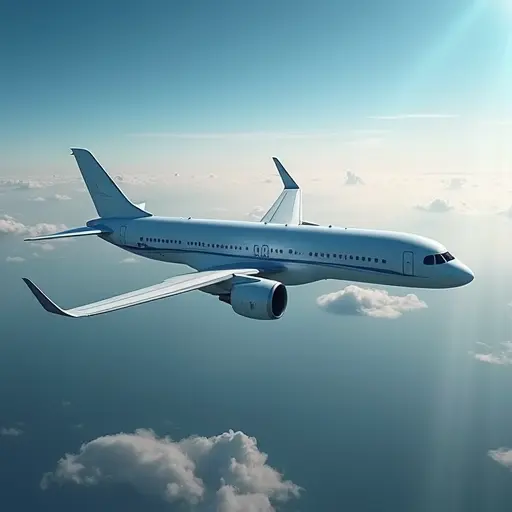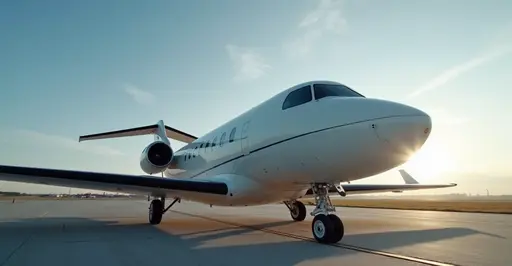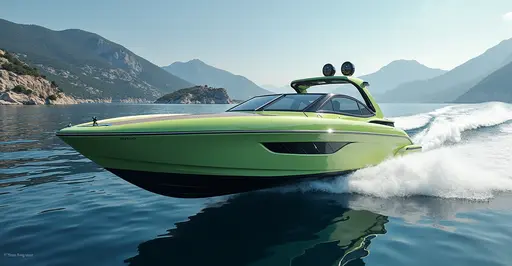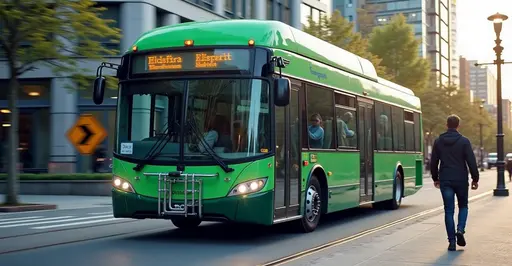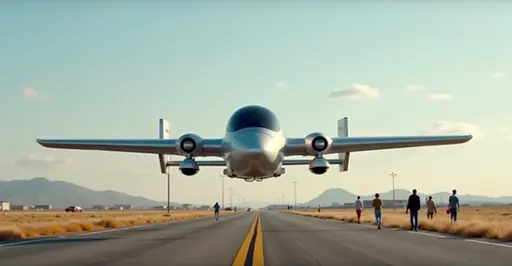
Historic Milestone for Electric Aviation
Joby Aviation has successfully completed the first manned flight of its revolutionary electric aircraft prototype. This landmark achievement occurred at the company's California test facility, marking a crucial step toward zero-emission air travel becoming a commercial reality.
Technical Breakthrough
The aircraft features six electric motors enabling vertical takeoff and landing (VTOL), making it suitable for urban environments. With a top speed of 200 mph and noise levels comparable to normal conversation (45 dB), it represents a quantum leap from conventional aviation technology. The carbon fiber and aluminum airframe carries one pilot and four passengers.
Decade-Long Development
After 10+ years of R&D and over 30,000 test miles, Joby has entered the final FAA certification phases. "This flight proves electric aviation's viability," said CEO JoeBen Bevirt. "We're on track for commercial operations by 2026."
Industry Momentum
The electric aviation sector has exploded with nearly 170 development programs worldwide. Companies like Jetson are advancing personal aerial vehicles, while Airbus and Boeing explore larger electric airliners. Toyota recently invested $500 million in Joby, with half delivered in 2025 to support manufacturing.
Environmental Impact
Electric aircraft produce zero operational emissions, potentially reducing aviation's 2.5% global carbon footprint. As battery densities improve (currently enabling 20-minute flights), ranges are expected to increase dramatically by 2030.
Future Applications
Initial deployments will focus on urban air taxi services, with Joby planning UAE operations. Longer-term, electric propulsion could revolutionize regional travel, with prototypes already demonstrating 150+ mile ranges.

 Nederlands
Nederlands
 English
English
 French
French
 Deutsch
Deutsch
 Espaniol
Espaniol
 Portugese
Portugese




